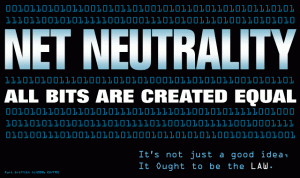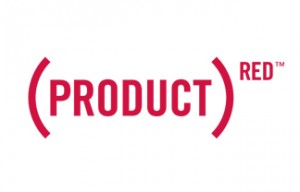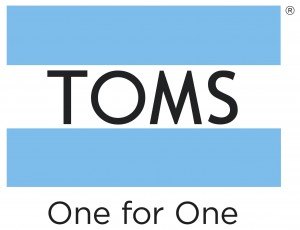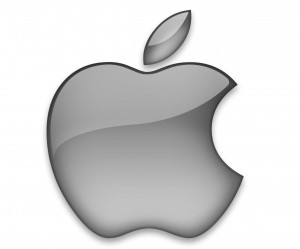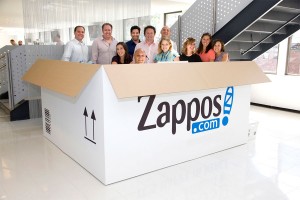
I found this to be a very engaging topic to write about, as I can connect to it on a personal level. It’s always fascinating when an obvious link between the topics discussed in class and the reality of the business world becomes evident, and that was certainly the case for me here. I grew up in a small town in rural northern British Columbia, and it was interspersed with and surrounded by First Nations land reserves. It is a beautiful place; the rivers are clear, the air is pristine, and the wildlife is plentiful. It is also smack in the middle of Enbridge’s proposed Northern Gateway route. This multi-billion dollar project (a pipeline meant to carry crude oil from the Alberta Tar Sands to a deep-water port in Kitimat) has the potential to provide jobs for thousands as well as providing access to new markets in the Pacific Rim (more information at http://www.gatewayfacts.ca/About-The-Project/Project-Overview.aspx).

Why then, is it being protested province-wide?
The First Nations people of British Columbia can speak to this. Over the past few centuries, the Canadian government has been sadly lacking in its approach to respecting the Native people of Canada and their claims to the land they call home. This has recently begun to change as decades-old court cases are finally being ruled on, and the First Nations title to the land in question has been made legal at last (http://thetyee.ca/Opinion/2014/07/26/Tsilhqotin-With-Gloves/). History of being pressured into cooperation by the government has left many Native people feeling frustrated and oppressed, and when Enbridge proposed a project that is widely viewed as being potentially environmentally hazardous they took a stand.

The route that the pipeline would follow cuts through some of the most well-preserved wilderness in the country, and would affect the people that live there greatly. One of the more commonly voiced concerns in that of the potential negative effects on the rivers and the salmon runs. Fishing has been a huge part of Native culture for hundreds of years, and remains one today. An oil spill – or even the disturbances caused by construction – could quite easily destroy a fragile ecosystem and cut off the supply of a resource that is integral to First Nations culture and a relied-upon source of food in many communities (http://www.vancouversun.com/news/There+will+pipeline/10122968/story.html).
In July of 2014, eight separate First Nations groups announced that they had filed for a judicial review of the government’s approval of the pipeline (you can read about it at http://www.theglobeandmail.com/news/british-columbia/first-nations-challenge-northern-gateway-pipeline-in-new-court-action/article19608617/), and this is just one example of the many protests that have occurred. It is likely that they will continue to protest until either the day Enbridge cancels the project or the day construction ends.

So where, then, does that leave Enbridge? This is not a one-sided issue, and corporations cannot always be branded as a faceless evil. Yes, this particular project could be environmentally hazardous by nature, but it would be providing jobs to people who need them. I cannot speak for everyone involved, but in my community the economy has been incredibly bad ever since the decline of the logging industry, and the jobs that the Northern Gateway project would provide could be of tremendous help. In spite of this, the title of this post emblazoned on a T-shirt is a common sighting around town. I can’t say – and I don’t think anyone else can either – what the right course of action is here, but as of this moment it is a struggle between two groups who cannot come to an agreement. The First Nations are fiercely protective of their land, and Enbridge has to find a way of modifying their strategy to work with that passion, since it is obviously going to be a long hard fight if they are simply opposing it.
I am intrigued to see how this plays out and how Enbridge is going to adapt as a business to overcome this particular challenge – it is certainly interesting to see how relevant external factors can be to a company. If the feelings and values of a cultural group can overturn a 6.5 billion dollar project, it is fairly obvious that external factors are something that must always be considered.
